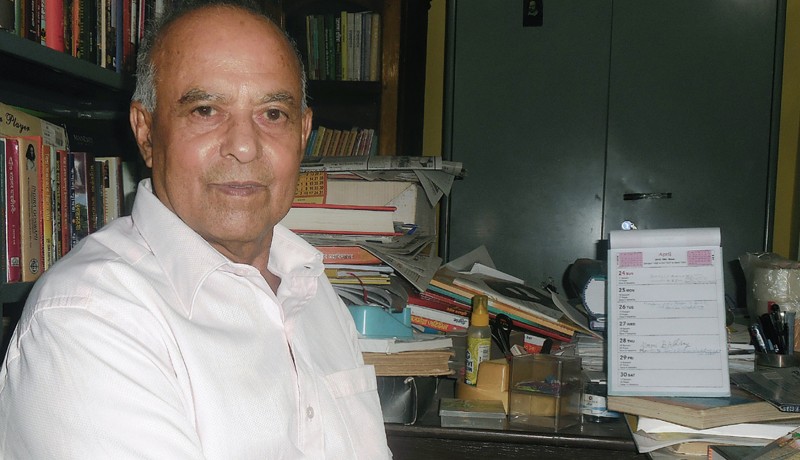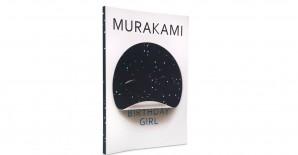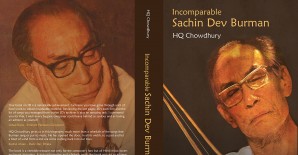
Etcetera

Dr Gobinda Prasad Sarma occupies a special place in the world of contemporary Indian literature for his scholarly pursuits, especially those focused on feminism, biographical criticism and Indo-Anglian literature. A prolific storyteller and former head of the department of English at Gauhati University, his literary genius is evident in his complete works of short stories and novels, which map his remarkable contribution to Assamese literature. Most recently, the 76 year-old finished editing The Pronouncing Contemporary English Assamese Dictionary, a project that took a decade to complete. In a free-wheeling chat with Tapati Baruah Kashyap, Dr Sarma discusses his early inspiration, literary leanings and what prompted him to take up the gargantuan bilingual dictionary editing project. Excerpts:
Can you tell us a little about the dictionary that you recently edited?
Editing the Anglo-Assamese dictionary took 10 years of hard labour. This dictionary reminds me of my school headmaster whose knowledge of Assamese, English and Sanskrit was amazing. He had a deep understanding of culture and was, therefore, able to give us a fabulous cultural and historical perspective to the poetry he taught. He always carried either an encyclopaedia or a dictionary with him, and this inspired me to inquire into the origin, background, etc, of anything new I learnt. I carried out my dictionary project with the same zeal my high school headmaster had infused in me decades ago.
As for the dictionary, it is the first of its kind in Assamese, providing not just meanings but incorporating a wide range of idioms and phrases, illustrative examples, pronunciation, instructions for transitive and intransitive verbs and a wide range of Assamese meanings.
You manage to write short stories, novels and critical works with equal ease. What impact did your childhood have on your writing career?
I started writing short stories when I was in Class VII, and I titled my first story Sandhya Sendur. A year later, I wrote another story called Sunlight, and when I was promoted to Class XI, I wrote a love poem. My first creative piece was a poem I wrote when I was in middle school, titled Padum (Lotus). Thus, I continued my creative pursuits along with my student life, sending poems and stories to the children’s sections of newspapers and magazines. My most memorable moment was when the editor of Saptahik Asomiya’s children section appreciated my writing and said I would turn into a good writer if I kept it up.
Which is your most favourite genre?
My readers and critics are better placed to judge me in this regard. Left to myself, I would say fiction. While in college, I was known as a short story writer, and although I did my PhD on ‘Nationalism in Indian English Fiction’, I still feel I am more comfortable with short stories, which I continue to write.
What kinds of books do you like reading?
I am a voracious reader of fiction. During my school days, I used to read European and American novels. I taught Western literature for six years in the Assamese department of Gauhati University. My favourite novelists include Gaustave Flaubert, Emile Zola, Ivan Turgenev and Leo Tolstoy. So strong was their influence on me that I dreamt of travelling to the places to which they belonged. Thus, when I visited Europe and the US after my retirement, I was enthralled to see those places. It felt as if my knowledge had suddenly come alive! Although I am a fiction writer, reading poetry is my first love. I love the works of Robert Browning and T S Eliot, apart from Assamese poetry.
What is your next project?
I plan to write a sequel to my book on feminism, this one looking at the works of new and upcoming Assamese novelists.
Photo: Tapati Baruah Kashyap Featured in Harmony — Celebrate Age Magazine August 2016
you may also like to read
-
Cracking the longevity code
Small yet impactful choices can be game-changers, writes Srirekha Pillai At 102, there’s no stopping Chandigarh-based Man Kaur, the world’s….
-
Home, not alone
While a regulatory framework is vital for senior-care facilities, the need of the hour is to develop an ecosystem to….
-
Birthday Girl
Published in a special edition to honour Japanese master storyteller Haruki Murakami’s 70th birthday, Birthday Girl (Penguin; Rs 100; 42….
-
A huge treat for music lovers
Published as the revised and updated second edition, Incomparable Sachin Dev Burman (Blue Pencil; Rs. 599; 470 pages) the authoritative….







